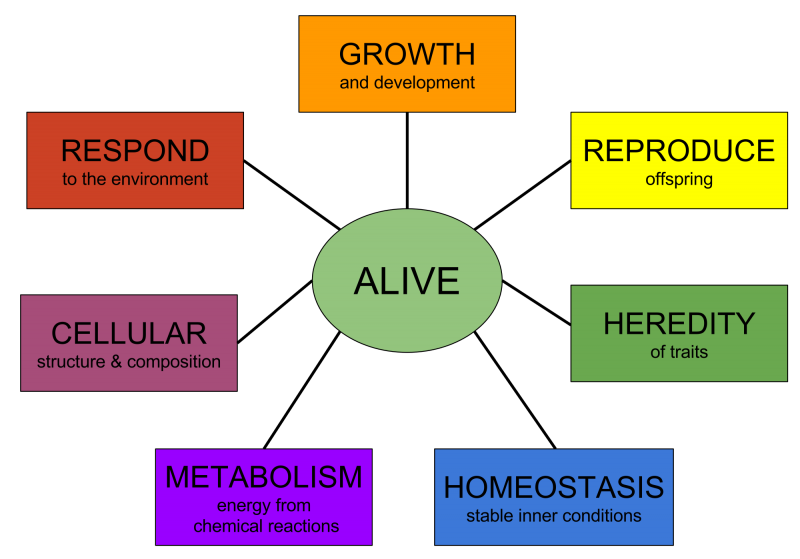What Is Homeostasis in the Body?
Summary
– What is Homeostasis?
– Example of homeostasis: sleep balance
– Stress and homeostasis
– Homeostasis and psychology
Homeostasis? Have you ever heard of that word? Homeostasis is like the capacity that any system can have to preserve its functioning balance despite external constraints. This concept is widely used in biology to describe the state of equilibrium of organisms and other fields, such as psychology. This post will tell you what homeostasis is all about.
What is Homeostasis?
Homeostasis, in the biological field, is the natural regulation of the organism to maintain constant the biological parameters of the human body in front of the modifications of the external environment.
Take, for example, the temperature of the human body and the blood sugar level. The blood composition is a sum of constant values in the organism, which are modified by external elements and permanently regulated by mechanisms of the human body.
Homeostasis is regulated in a very complex way by the autonomic nervous system (vegetative system) and the endocrine glands (hormones), as well as by many parameters such as the heart rhythm, breathing, urination, sweating, digestion, body temperature, the composition of blood, lymph, cerebrospinal fluid (fluid contained in the brain, and the center of the spinal cord).
All these parameters are themselves sensitive to psychological factors. For example, hunger and thirst make us eat and drink, thus promoting intake to make up for deficiencies, and regulate body weight.
Homeostasis thus refers to the health of an individual. When the organism does not manage to regulate itself, the disease appears.
Examples of homeostasis

Sleep balance
Homeostasis and sleep rhythms are intertwined: homeostasis attempts to maintain the balance between wakefulness and sleep.
At the beginning of his life, a baby sleeps 12 hours a day, or even more, then 10 hours around 5-6 months, then 8-9 hours in adolescence, and even less in adulthood. In old age, a nap during the day decreases the hours of sleep at night.
When we are deprived of sleep, we do not all react in the same way. If our circadian rhythm (sleep-wake rhythm with a period of about 24 hours) is somewhat organized in the morning, we do not bear a sleepless night.
External factors also regulate sleep, making the needs vary from one individual to another and from one moment to another. These factors include light, physical exercise, meals and social life.
For example, we do not need the same amount of sleep if we live during the day or night.
Moreover, genetics intervenes to regulate our internal clock: genes control sleep rhythm; they are clock genes.
Stress and homeostasis
Stress is an adaptation process that allows us to escape or to face an unusual situation. This adaptation protects us. It is a physiological reaction of the organism, i.e. natural, that occurs in three stages:
1. The alertness: the organism detects a danger to itself and its balance. The adaptation and defence systems awaken and react.
2. Resistance: the organism defends itself to regain its state of homeostasis.
3. Exhaustion: the organism has exhausted its defence capacities. It is in danger and needs help.
Each human being has a personal reaction to stress. Our capacity to adapt depends on our history, hormones, intensity and repetition of the aggressions, personal and professional life, experiences, personality, environment, etc.
Psychology
What does this mean? In the field of psychology, homeostasis consists in maintaining the balance of needs and their satisfaction. When conditions are not satisfied, an imbalance occurs. When there is a lack, the human being develops great energy to fill this lack.
In man, an immense force allows him to evolve, blossom, and seek dynamic homeostasis. It is this force that leads him to surpass himself.
But sometimes, the system implodes because it does not manage to regulate the tensions. The endless search for balance can become ineffective and lead to inertia.
Good to know: this notion of homeostasis defined in biology and psychology also extends to sociology, philosophy and spirituality as the quest that human beings experience in the search for balance in their lives within the cosmos.



